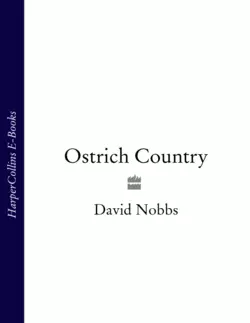Ostrich Country

David Nobbs
Тип: электронная книга
Жанр: Современная зарубежная литература
Язык: на английском языке
Стоимость: 246.16 ₽
Издательство: HarperCollins
Дата публикации: 28.04.2024
Отзывы: Пока нет Добавить отзыв
О книге: David Nobbs’ classic is now available in ebook format.′ « A change of environment will bring you new business and personal interests,» said Cousin Percy. Pegasus was glad to hear this.′ Whether Pegasus Baines would have been so glad had he foreseen the outcome of his hasty decision to abandon the career of potential Nobel-prize winning nutrition scientist in favour of that world famous chef is less certain. The change of environment from North London with its deafening traffic to East Anglia with its menacing power stations brings new nightmares and new problems into his life.The ′ostrich country′ of David Nobbs′ novel lies somewhere between modern Britain and cloud cuckoo-land. Pegasus Baines is an innocent idealist, a self-deceiver. The tale of his tangles which gradually involve mistresses old and new, long-suffering family and several more-or-less innocent bystanders, modulates from honours melancholy to hilarious farce.